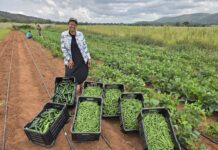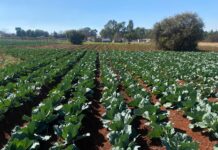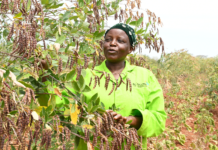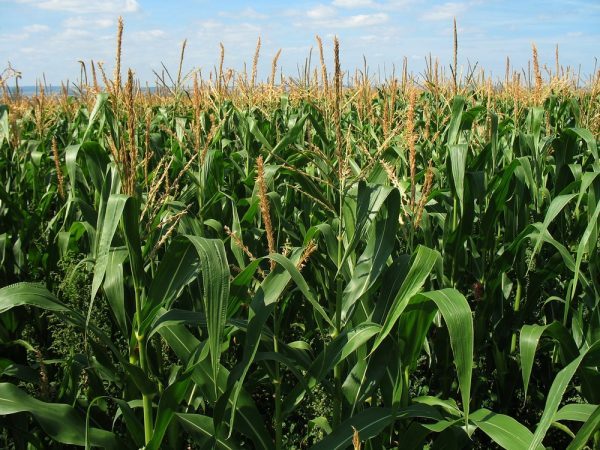The United States Agency for International Development (USAID) funded West Africa Trade & Investment Hub has awarded a $500,000 co-investment grant to PYXERA Global, a not-for-profit organisation with extensive experience designing training and capacity-building programmes, to support the launch of its West Africa Agriculture Resilience Programme (WAFARP).
The programme, is aimed at assisting 10,000 smallholder farmers cultivating rice, maize, and soybean within Kebbi, Cross River, and Benue States, which it described as focal areas for the trade hub in Nigeria, whose work aligns with and supports the mission of the U.S. government’s ‘Feed the Future’ initiative.
Ann Oden, the programme’s team lead, explained that the initiative leverages private sector resources to deliver a strategic programme, with the goal of bringing economic prosperity to smallholder farmers while ensuring sustained food security.
Oden added that it would leverage the existing agribusiness systems of Dantata Foods and Allied Products Company Limited, one of Nigeria’s leading food processing and agribusiness firms, to provide an avenue for smallholders in its programme to increase crop yield and boost their incomes.
Training programmes
Speaking further on how the goal would be achieved, Oden said the organisers would first bring all the smallholders into Dantata Foods’ outgrower programme, as the company will both assist the smallholders to increase crops yields and buy from them as well.
“To ensure quality output for the crops it buys, the company will supply the smallholders with quality seeds and other farm inputs. Supported by PYXERA Global, Dantata Foods will also provide training programmes to help the smallholders produce higher-quality crops that command better prices,” said Ann.
Crops produced through the programme will be taken to Dantata Foods’ aggregation centers already located in the three target states of Kebbi, Cross River, and Benue, where the smallholders will be paid by the company at prevailing market rates.
Through the programme, the smallholders which will include 50% women and youths are anticipated to produce 25,000 metric tonnes of each of the value chains in the first season and an additional 5,000 metric tonnes in the subsequent seasons, while the total net income is projected to be US $6.72 million and US $9.8 million for each respective season.








